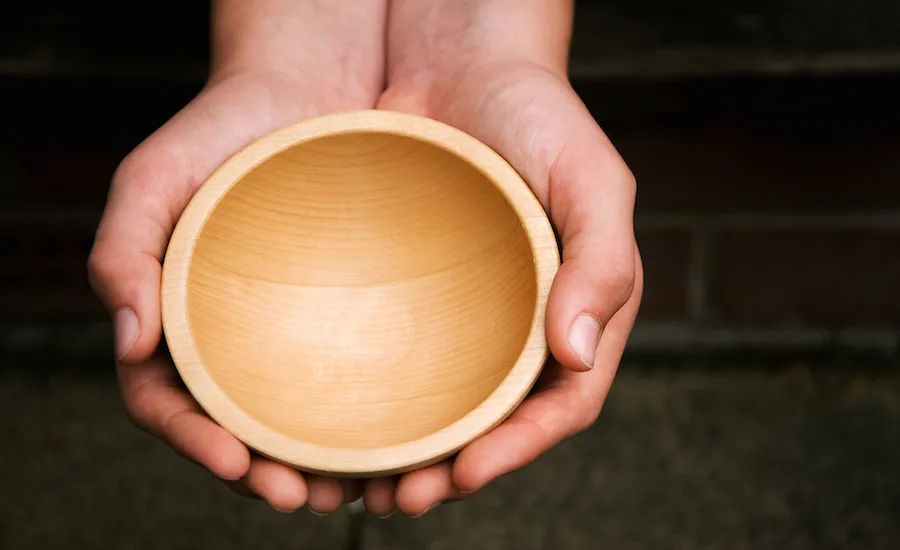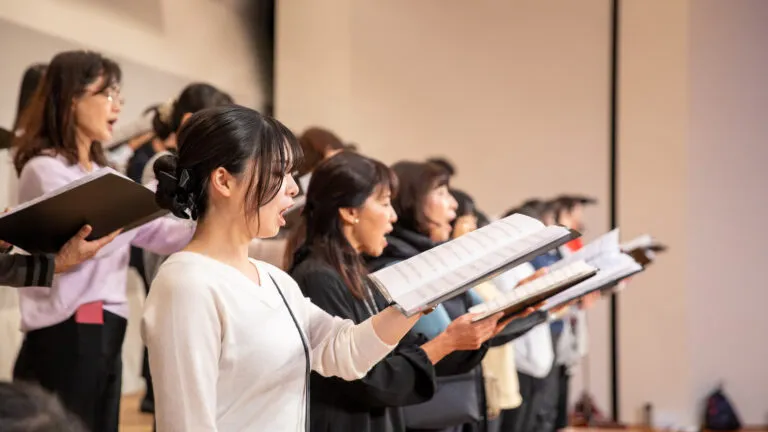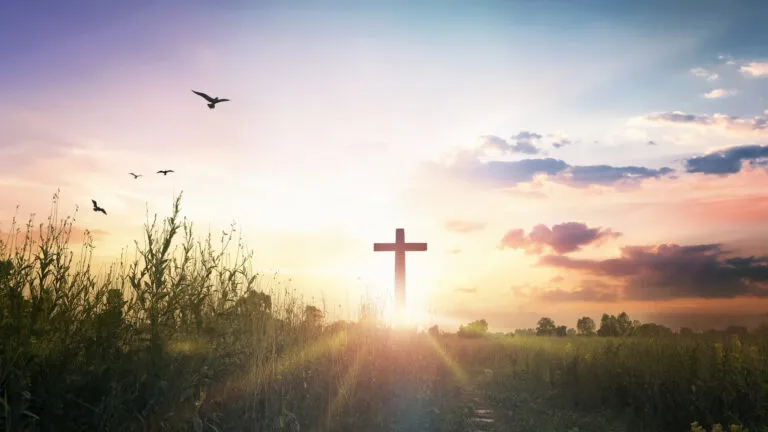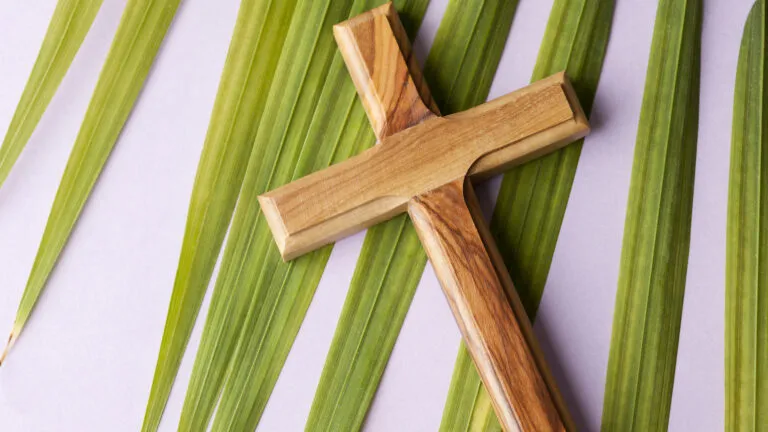It is among the most memorable scenes in literature. Charles Dickens’s second novel, Oliver Twist, depicts the nine-year-old orphan boy of that name, in a workhouse dining hall to eat with other orphan boys. The master, in his cook’s apron, and his assistants stood by the great copper pot of gruel from which all the boys were fed.
Young Oliver, after finishing his meager allotment of gruel, was still “desperate from hunger, and reckless with misery. He rose from the table; and advancing to the master, basin and spoon in hand, said: somewhat alarmed at his own temerity:
“‘Please, sir, I want some more.’”
Whether on a page, on stage, or on the screen, it is a scene of great pathos. A hungry child. An orphan. Needy. Alone. Pleading.
Unfortunately, Oliver’s request met with incredulity and retribution. The master thumped him on the head with a ladle and called for Mr. Bumble. The board assembled. Poor Oliver was interrogated and thereafter punished.
I know my Heavenly Father will never receive my requests in prayer like that. Still, though, I have learned to pray what I call “The Oliver Twist Prayer.” In fact, I pray it often. It may sound ungrateful, but it is in fact a prayer that recognizes the value of a thing or moment or experience, and simply—like a child—humbly asks God to do it again (or more often).
A worship service moves me to tears of awe and gratitude. As it concludes, I whisper, “Please, sir, I want some more.”
I watch the reaction of an elderly couple as the restaurant server tells them someone anonymously paid for their meal. I pray silently, “Please, sir, I want some more.”
A visit with my grandchildren comes to an end—too early. With trembling voice, I say, “Please, sir, I want some more.”
A sunset. A memorable meal. A fireworks display. Holding hands with my wife. At such moments, I remember Oliver Twist tiptoeing to the master’s table with basin and spoon in hand as I lift my heart heavenward and say, “Please, sir, I want some more.”





